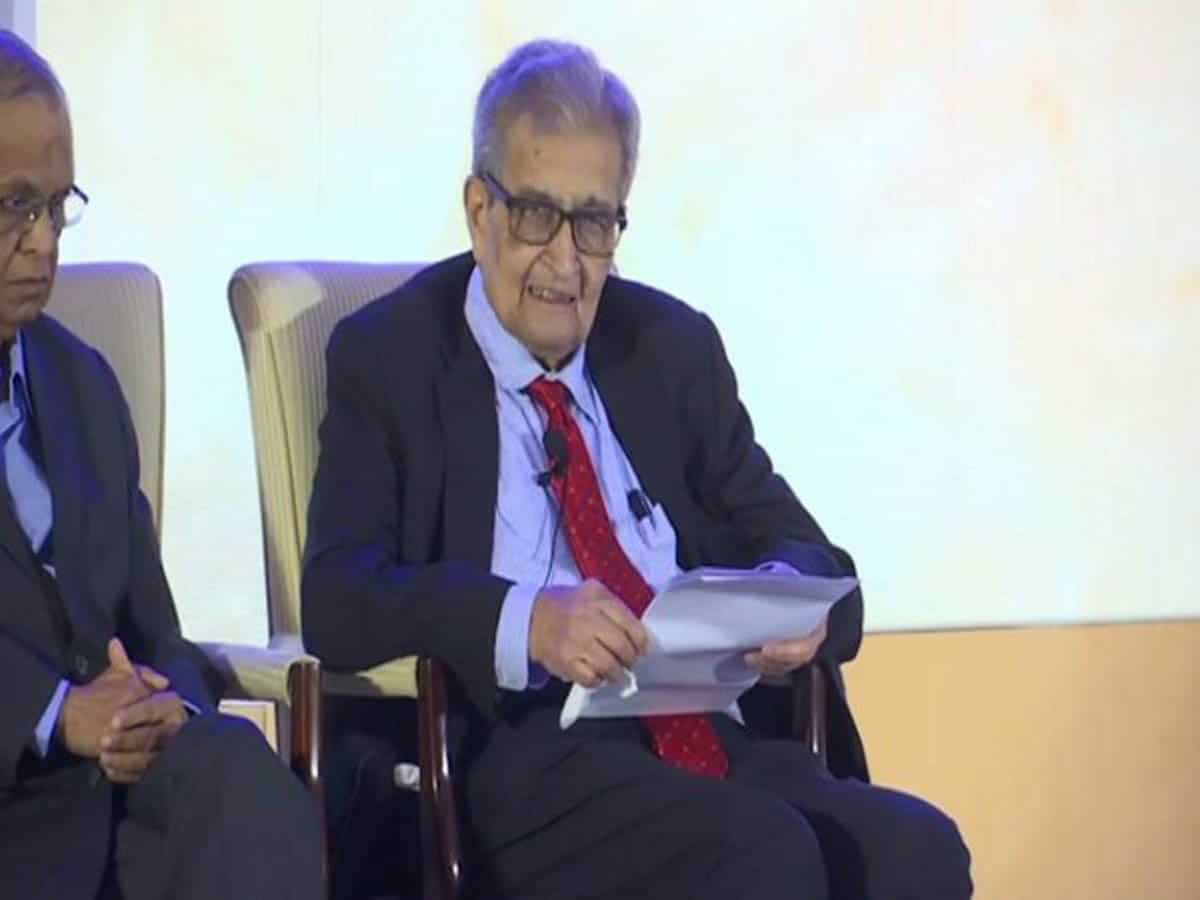Bengaluru: Economist and Nobel Laureate Amartya Sen said he was “appalled” by the violence on the campus of Jawaharlal Nehru University (JNU) and blamed the administration for failing to stop the attacks in time.
“I am appalled that communication between the administration and the police would be so delayed that ill-treatment of students could go on for quite some time without being prevented by forces of law and order. That the establishment of the university cannot prevent outsiders from coming in and creating such bloody violence within the campus,” Sen told reporters after attending an award show organised by Infosys in Bengaluru.
Sen also said that the Supreme Court should turn down the Citizenship Amendment Act (CAA) upon being questioned on the anti-CAA protests being held by students at many places across the country.
“The student community has a great many issues to think about. But the CAA in my judgment should really be turned down by the Supreme Court on the grounds of being unconstitutional. You cannot have certain types of fundamental rights of human beings, in this case, connected with citizenship, be related with religious differences rather than the things that really matter such as where you were born, and what the citizenship laws require you to do,” Sen said.
He further argued for a better process of granting citizenship under which mistreated communities barring none would be able to apply and get Indian citizenship.
“If you read the large volume of the constituent assembly records, you see that using religion for the purpose of discrimination of this kind will be regarded as not acceptable. Similar things should be treated similarly, now if a Hindu has been treated badly in some country, say Pakistan, then yes they need sympathy.
Similarly, if a Muslim is treated badly in Pakistan then that should also be taken into account. It has to be independent of religion but take cognizance of the suffering and other various reasons.
Citizenship should be granted on a fair basis not on the basis of communal discrimination against one religion,” the economist said.

